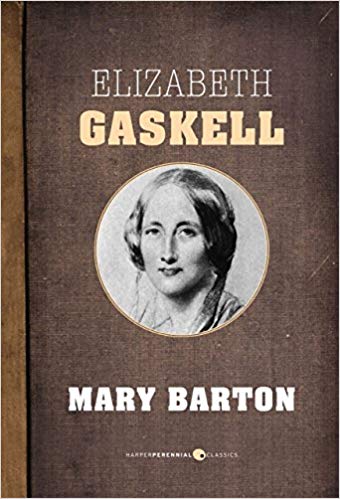
Mary Barton PDF
Preview Mary Barton
After the death of his wife and the disappearance of one of his daughters, millworker John Barton hopes for a better life for his daughter, Mary. Young and lovely, Mary has caught the attention of the son of a wealthy business owner, Carson. Soon after setting her mind on marriage to Carson, Mary begins to realize her true feelings lie with Jem Wilson, an intelligent young man who is quietly, but passionately, in love with her. As Mary navigates the difficulties of a working-class life, Jem’s life is put in danger, and it is up to Mary to find a way to rescue him.
Author Elizabeth Gaskell penned Mary Barton after witnessing the devastating effects of the industrial revolution on the working class in England. Similar in theme to her popular novel North and South, Mary Barton combines a political message along with a sincere and touching love story.
HarperPerennial Classics brings great works of literature to life in digital format, upholding the highest standards in ebook production and celebrating reading in all its forms. Look for more titles in the HarperPerennial Classics collection to build your digital library.
**
Review“Another splendid edition from Broadview with the usual high standard of helpful footnotes. Among the appendices in this volume are Gaskell’s letters about writing the novel; contemporary reviews; essays and reports from the 1840s on industrialization, Chartism, emigration, prostitution and conditions in Manchester; brief selections from related fiction and poetry; and a very intelligible short summary of dates and events that shape the novel’s politics.” ― Sally Mitchell, Temple University
Review"Another splendid edition from Broadview with the usual high standard of helpful footnotes. Among the appendices in this volume are Gaskell's letters about writing the novel; contemporary reviews; essays and reports from the 1840s on industrialization, Chartism, emigration, prostitution and conditions in Manchester; brief selections from related fiction and poetry; and a very intelligible short summary of dates and events that shape the novel's politics." (Sally Mitchell )
